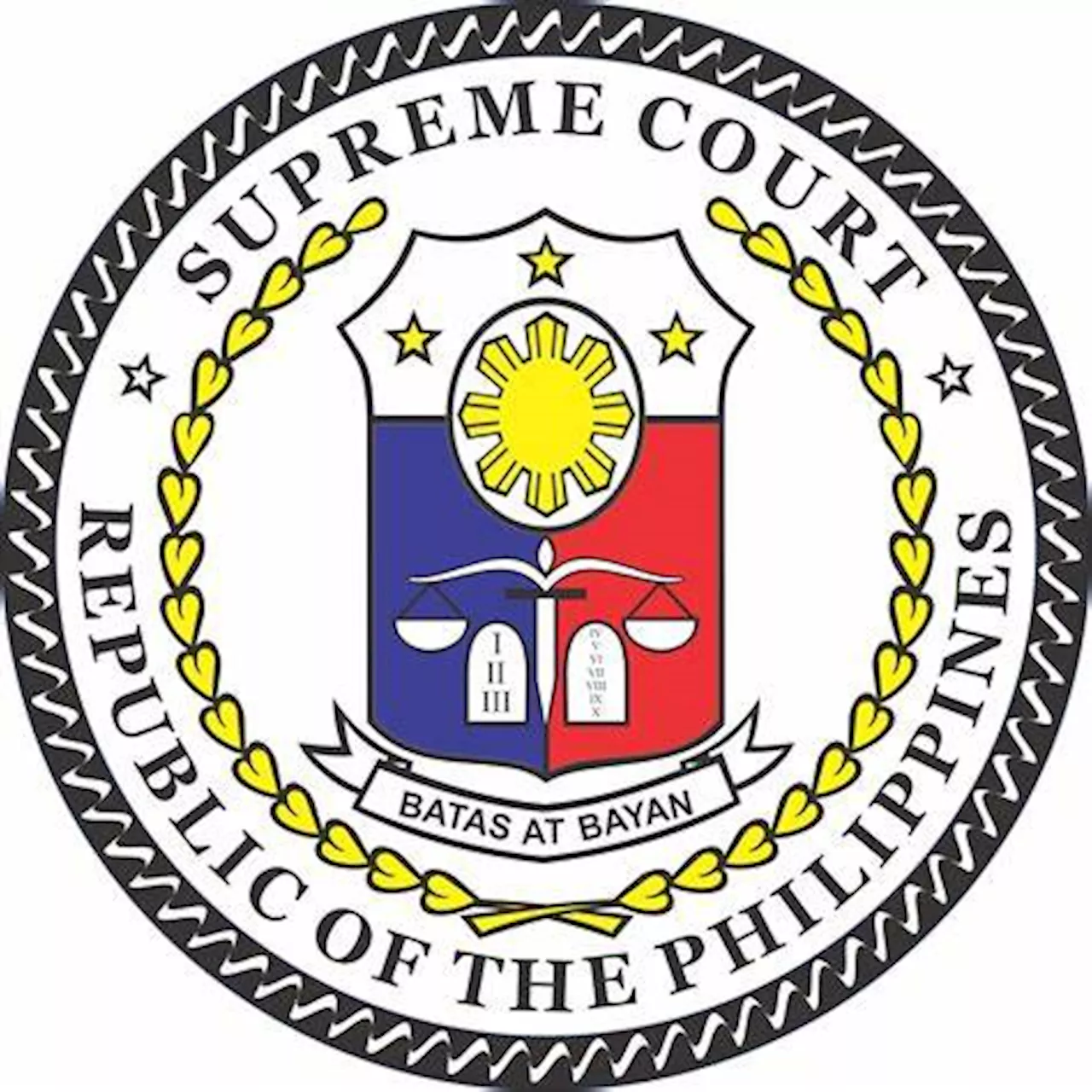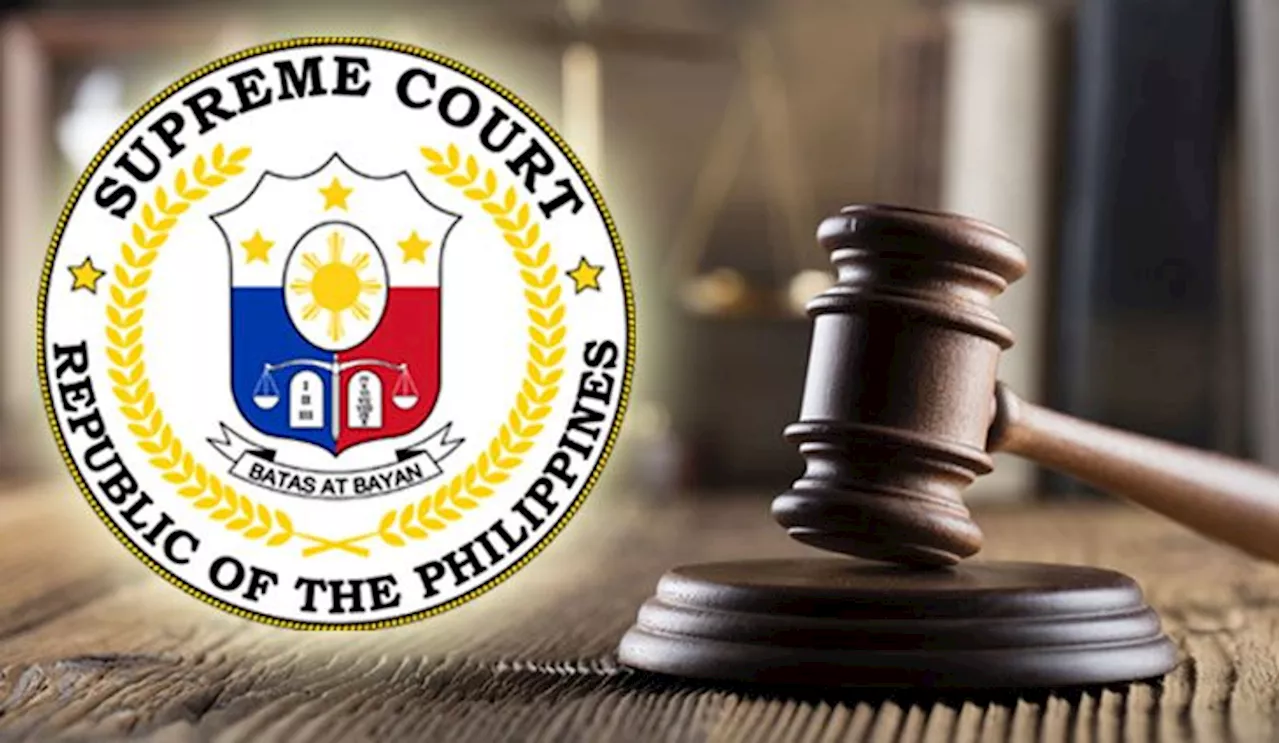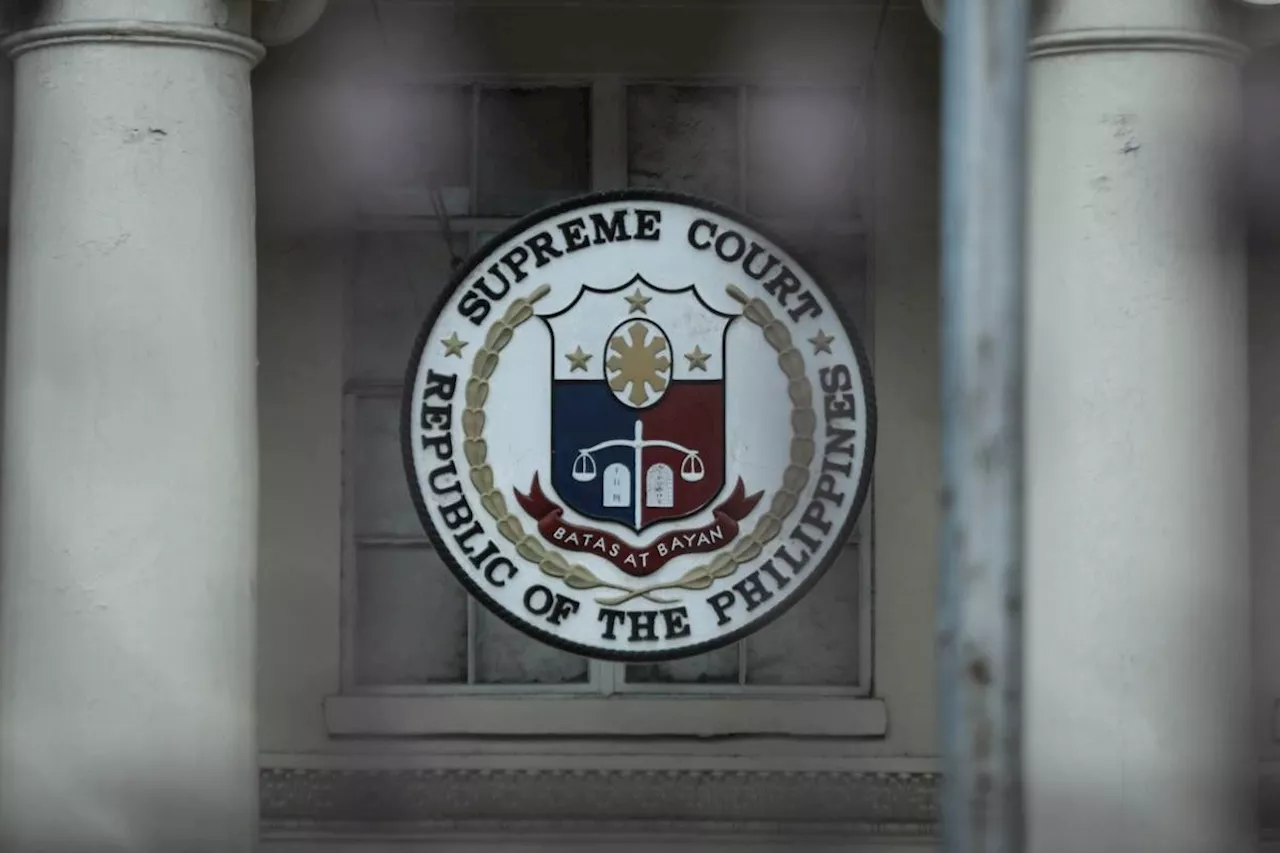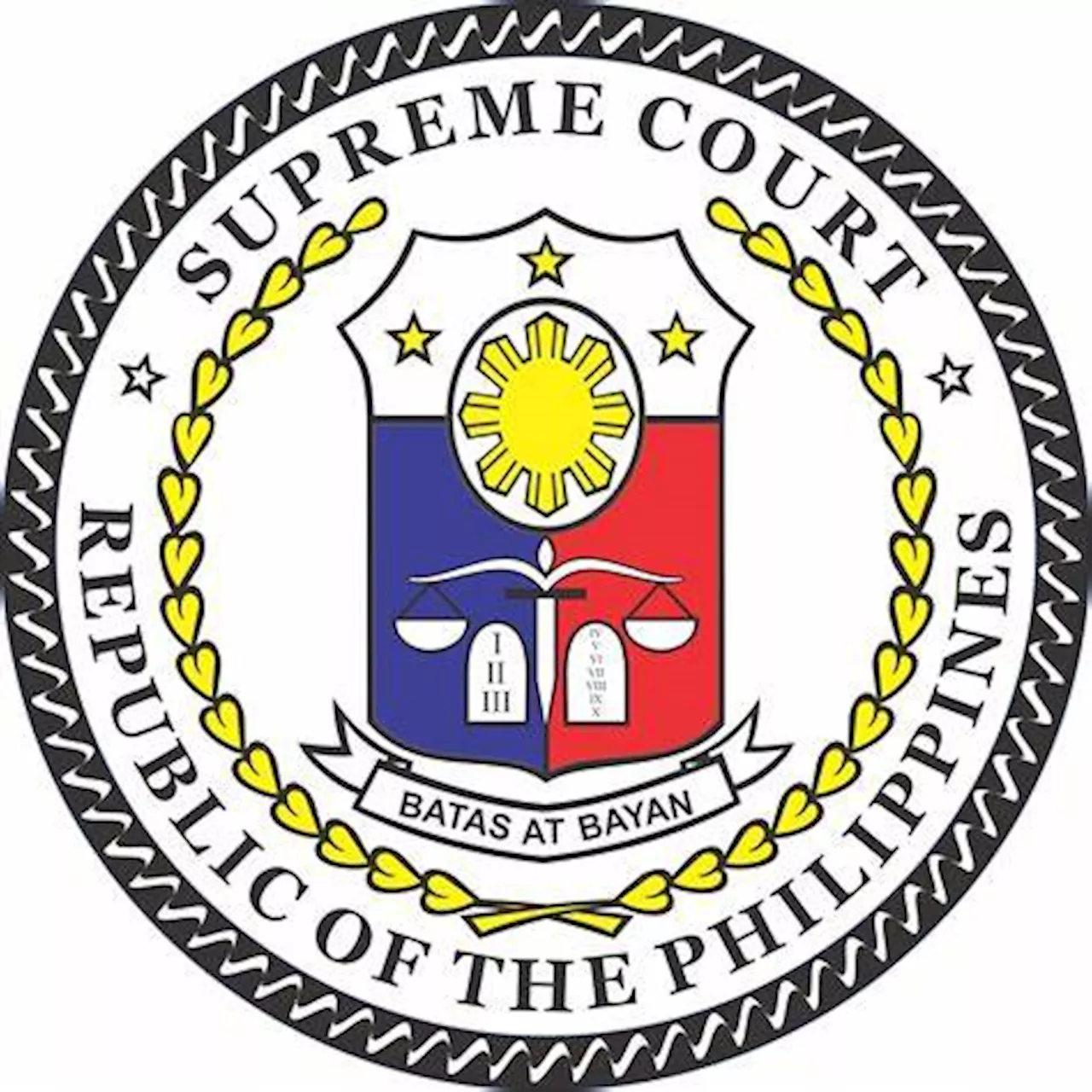The Supreme Court of the Philippines has ruled that a National Electrification Administration (NEA) memorandum requiring electric cooperative officers to resign upon filing certificates of candidacy for local or national elections is invalid. The Court determined that the memorandum violates the rights of cooperative officers who are considered private individuals rather than public appointees.
The Supreme Court of the Philippines has ruled that a National Electrification Administration (NEA) memorandum requiring electric cooperative officers to resign upon filing certificates of candidacy for local or national elections is invalid. The decision stems from a legal challenge brought by Oscar Borja and Venancio Regulado, former members of the Board of Directors of Camarines Sur Electric Cooperative II.
Borja sought the mayoralty of Bombon, Camarines Sur, while Regulado aimed for a municipal council seat in Canaman. They contested the validity of NEA Memorandum No. 2012-2016 before the Regional Trial Court (RTC), which ruled in their favor. This decision was subsequently upheld by both the Court of Appeals and the Supreme Court. In a ruling penned by Associate Justice Japar Dimaampao, the Supreme Court clarified that the Omnibus Election Code's provision for automatic resignation upon filing a COC applies solely to individuals holding public appointive positions. This includes government employees, active military personnel, and officials of government-owned or controlled corporations (GOCCs). The Court emphasized that electric cooperatives, while regulated by the NEA, are private entities that provide public service as electric distribution utilities. They are owned and controlled by their member-consumers, not the state, differentiating them from government agencies or GOCCs. Consequently, officers and directors of electric cooperatives retain their status as private individuals, even within a public service-oriented industry. Their positions are not classified as public appointive positions, rendering them exempt from the automatic resignation rules stipulated under the Omnibus Election Code. Additionally, the Court noted that the NEA Charter does not prohibit candidates from serving as cooperative officers. It only disqualifies those who have already won elections and assumed public office, ensuring that elected officials do not concurrently hold leadership roles in electric cooperatives
SUPREME COURT ELECTRIC COOPERATIVES NEA MEMORANDUM RESIGNATION ELECTION CODE
Philippines Latest News, Philippines Headlines
Similar News:You can also read news stories similar to this one that we have collected from other news sources.
 Supreme Court: Lack of Campaign Funds Doesn't Disqualify CandidatesThe Philippine Supreme Court ruled that financial resources for a nationwide campaign are not a determining factor in disqualifying candidates as nuisance. The Court emphasized that the Commission on Elections must provide evidence of a candidate's lack of genuine intent to run for office.
Supreme Court: Lack of Campaign Funds Doesn't Disqualify CandidatesThe Philippine Supreme Court ruled that financial resources for a nationwide campaign are not a determining factor in disqualifying candidates as nuisance. The Court emphasized that the Commission on Elections must provide evidence of a candidate's lack of genuine intent to run for office.
Read more »
 Supreme Court Rules on Nuisance Candidate DefinitionThe Supreme Court of the Philippines clarifies the criteria for identifying nuisance candidates, emphasizing that financial limitations and lack of name recognition alone are insufficient grounds for disqualification.
Supreme Court Rules on Nuisance Candidate DefinitionThe Supreme Court of the Philippines clarifies the criteria for identifying nuisance candidates, emphasizing that financial limitations and lack of name recognition alone are insufficient grounds for disqualification.
Read more »
 Supreme Court Rules Wealth Not a Barrier to Public OfficeThe Supreme Court of the Philippines has declared that financial resources are not a prerequisite for running for public office. The court overturned a lower court decision that disqualified Juan Olila Ollesca as a nuisance candidate in the 2022 presidential elections.
Supreme Court Rules Wealth Not a Barrier to Public OfficeThe Supreme Court of the Philippines has declared that financial resources are not a prerequisite for running for public office. The court overturned a lower court decision that disqualified Juan Olila Ollesca as a nuisance candidate in the 2022 presidential elections.
Read more »
 Lack of funds not a ground to declare candidate nuisance—Supreme CourtThe Supreme Court said on Monday that not having enough money to fund a nationwide campaign does not automatically mean a candidate should be considered a
Lack of funds not a ground to declare candidate nuisance—Supreme CourtThe Supreme Court said on Monday that not having enough money to fund a nationwide campaign does not automatically mean a candidate should be considered a
Read more »
 Supreme Court Rules Financial Resources Not Automatic Disqualification for Public OfficeThe Supreme Court of the Philippines has ruled that a candidate's lack of financial resources to fund a nationwide campaign does not automatically disqualify them from running for public office.
Supreme Court Rules Financial Resources Not Automatic Disqualification for Public OfficeThe Supreme Court of the Philippines has ruled that a candidate's lack of financial resources to fund a nationwide campaign does not automatically disqualify them from running for public office.
Read more »
 Philippine Lawmakers Seek to Protect Small Fisherfolk from Supreme Court RulingPhilippine lawmakers are meeting to discuss bills that would protect the welfare of small fisherfolk following a Supreme Court ruling that could allow commercial fishing companies unrestricted access to municipal waters.
Philippine Lawmakers Seek to Protect Small Fisherfolk from Supreme Court RulingPhilippine lawmakers are meeting to discuss bills that would protect the welfare of small fisherfolk following a Supreme Court ruling that could allow commercial fishing companies unrestricted access to municipal waters.
Read more »
